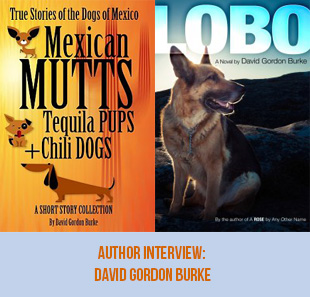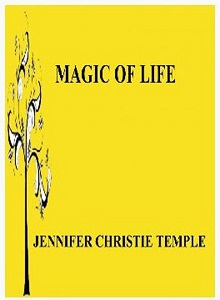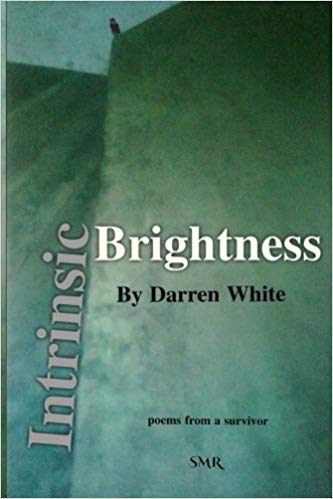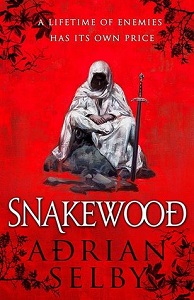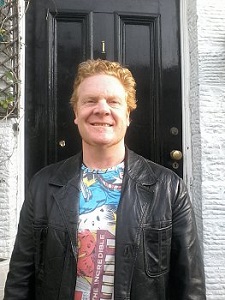Interview with J-Mag Guthrie
Our next author interview is with J-Mag Guthrie, or as we know her here at WritingForums, astroannie.
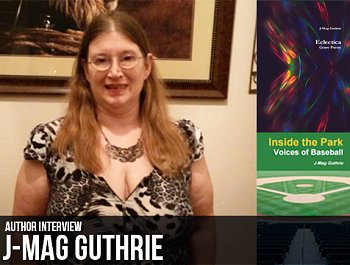
Hi J-Mag, Thanks for agreeing to do this interview.
When did you start writing poetry?
I wrote my first non-assigned poems the summer I was seventeen. However, when I went to college, I showed them to an English professor. He gave me a smackdown I’ll never forget (he was 100% right, though, and I will always remember that “eternity” isn’t a unit of time) and that put the kibosh on my poetry for many years. I sort of backed in through the side door for my second start. For several years, I wrote song parodies about the Houston Astros baseball team. I also wrote a few original songs, one of which I took to my writers’ group. There, a member suggested that the song could be a poem if I took the multiple choruses out. At about the same time, Anu Garg’s “A Word A Day” (AWAD) email list featured the word triolet. It sounded intriguing so I challenged myself to write one. It’s still one of my favorite poems.
What inspired you to write your book of poems, Inside the Park: Voices of Baseball, are you a baseball fan?
I caught baseball fever in August of 2002. I got over it when the Astros were moved to the American League in 2013. There is no word strong enough to encompass my total distaste for the Designated Hitter.
Did you self-publish your book?
I did. All of them.
If so, how has your publishing experience been overall?
I publish with Lulu because I understand how they work. With that in mind, Lulu tries to peddle all kinds of services, from editing, to promotion. I did not avail myself of any of them. My last two books, Eclectica, and Infield Singles do not have ISBNs because the free one would make my books Lulu books instead of Left Field Designs books. When I can afford to buy my own ISBNs, I’ll reprint both. Until then, they are only available through Lulu.
Do you edit your own work or do you hire someone?
None of the above. Inside the Park was edited by a friend who formerly was a professor of English. My other books didn’t have an editor, but the last two were sent to various writers and poets for the purpose of blurbing and a few errors were caught and corrected.
Who designed your book cover?
Me. I did them all. I used the Lulu cover wizard for text placement on the back for all of them. I completely did the front of Infield Singles—the rest were hybrids between me and the cover wizard.
How do you market your book?
I don’t, really. In the beginning, I had a signing at our local indie brick-and-mortar bookstore, and they sold Inside the Park on consignment. I have it on Amazon and Barnes & Noble’s sites, and also at the WritingForums.com bookstore. I still get payments from Lulu, so people are finding it. I intended to take Eclectica and Infield Singles to a conference where I was presenting some of the poems in Eclectica. But something came up and I was unable to attend the conference.
What advice would you give aspiring writers who intend to self-publish?
I do poetry so it’s a little different. I would suggest taking it to your writers’ group or a secure Web site. Most will be able to spot flaws, whether they’re typos or something more serious. Also, try to find a beta reader or few.
Going forward, what are your ambitions for your writing career?
I do not want to be a full-time fiction or non-fiction writer. And the number of folks who make a living at poetry is very, very small. For me, this is a hobby. A very serious hobby, but something I do when I’m not meeting my obligations (family, school, work, etc.).
Which writers have inspired you?
I don’t want to be the next <insert BigNameAuthor or FamousDeadAuthor here>. So I would not use that word. I write to share the ideas I have. I like writing rather than telling because I can shuffle the words around until they’re exactly right (in my opinion, anyway). Maybe I have to mention Lord Byron because I am in awe of his rhyming—he didn’t have rhymezone.com or even a rhyming dictionary.
Who is your favorite author?
Living or dead? Living, Lois McMaster Bujold; dead, Robert A. Heinlein.
Aside from Inside the Park, what have you written?
I’ve written an interactive mood charting book, Chart your Mood Changes. It’s an interesting concept—you fill in a circle for each of several categories. They are at the edge of the page, so you can riffle it like a flip-book and see the bubbles trending up, down, or about the same.
I’ve also written two chapbooks: Eclectica and Infield Singles. The first is a collection of my best geek/fantasy/horror poetry. The second is the crème de la crème of my baseball poems.
What genre are your books?
Geek, humor, fantasy, love—I defy genres, which is how Eclectica got its name.
Which of your books is your favorite?
Eclectica. It shows my versatility and contains my favorite poem (up till now), “pow(x,y)”.
Are you working on anything now?
Yes, and no. I have a fiction piece of indeterminate length that needs working on that I took a step back from. I have a couple of poems that I’m working on. I’m usually multitasking in that way.
Tell us about your writing process.
Some things you need to know. I use vim, which is a text editor similar to notepad, but extended. It is not in any way intuitive. Look it up on the Internet if you’re interested. I have a big file called “work” where my active short stuff lives. Poems, lyrics, that sort of thing. My longer stuff each has its own file. For those, I use Word. I’ve also been known to write etherees in Word because it can accommodate proportional fonts as well as center text, so I can see what it will look like when I post it or print it.
What advice would you give to your younger self?
Your poems, stories, essays, etc. are not your paper children. A critique of your work is about your work, not about you, personally. Also the worst thing you can do is to quit because your feelings are hurt.
Is there anything else you would like to add for our readers?
Yes, I want to say a little more about critique. Writers can learn a lot about writing by casting a critical eye at someone else’s work. Also, always, always, always, thank someone who takes the time to critique your work. Critique is an investment—one that is made because someone finds value somewhere in your writing. You don’t have to agree with any specific suggestions they make, but you can better understand how other people receive the signals your work sends. And if you don’t thank them, they’re unlikely to invest in you in the future unless they’re very close, personal friends.

